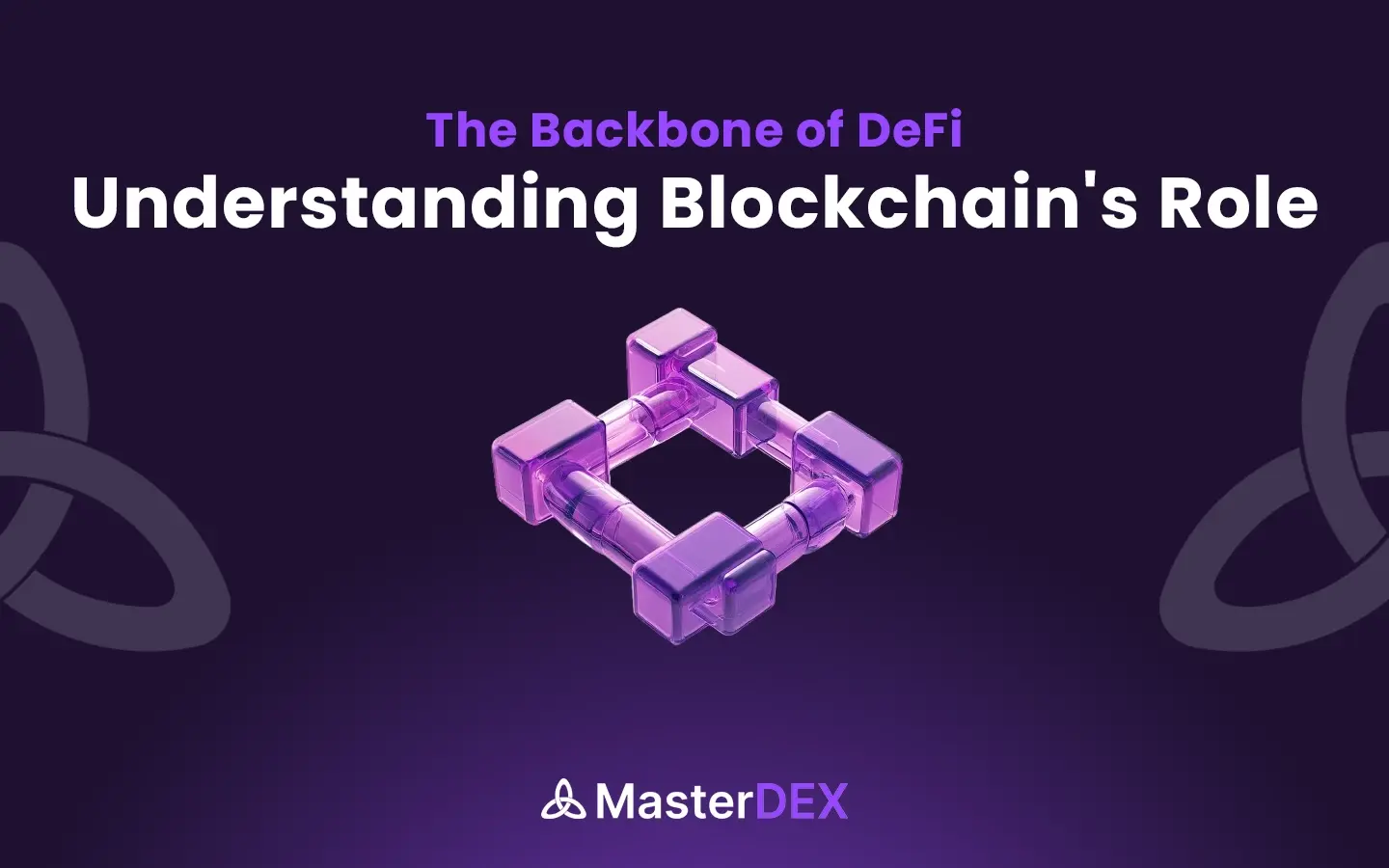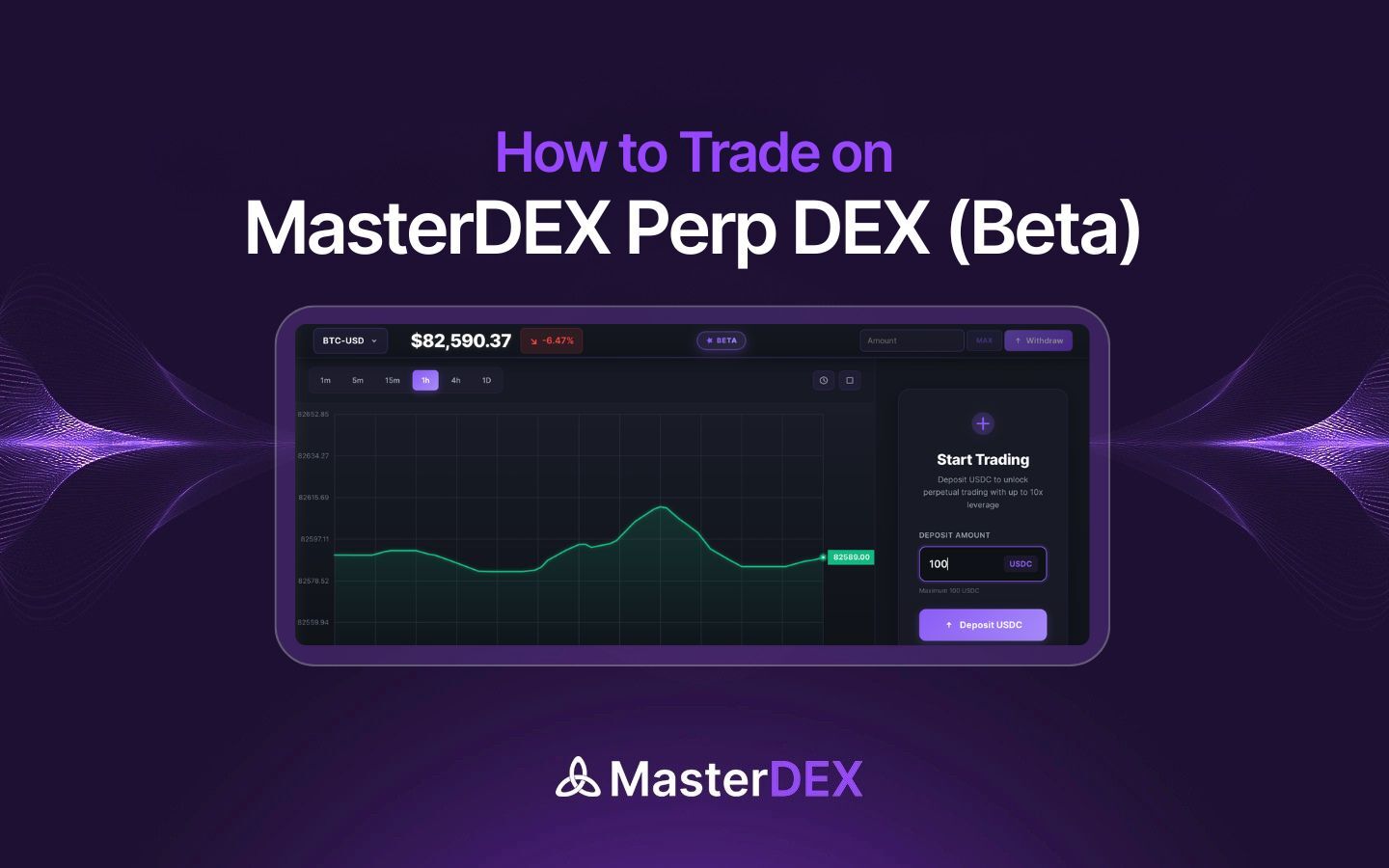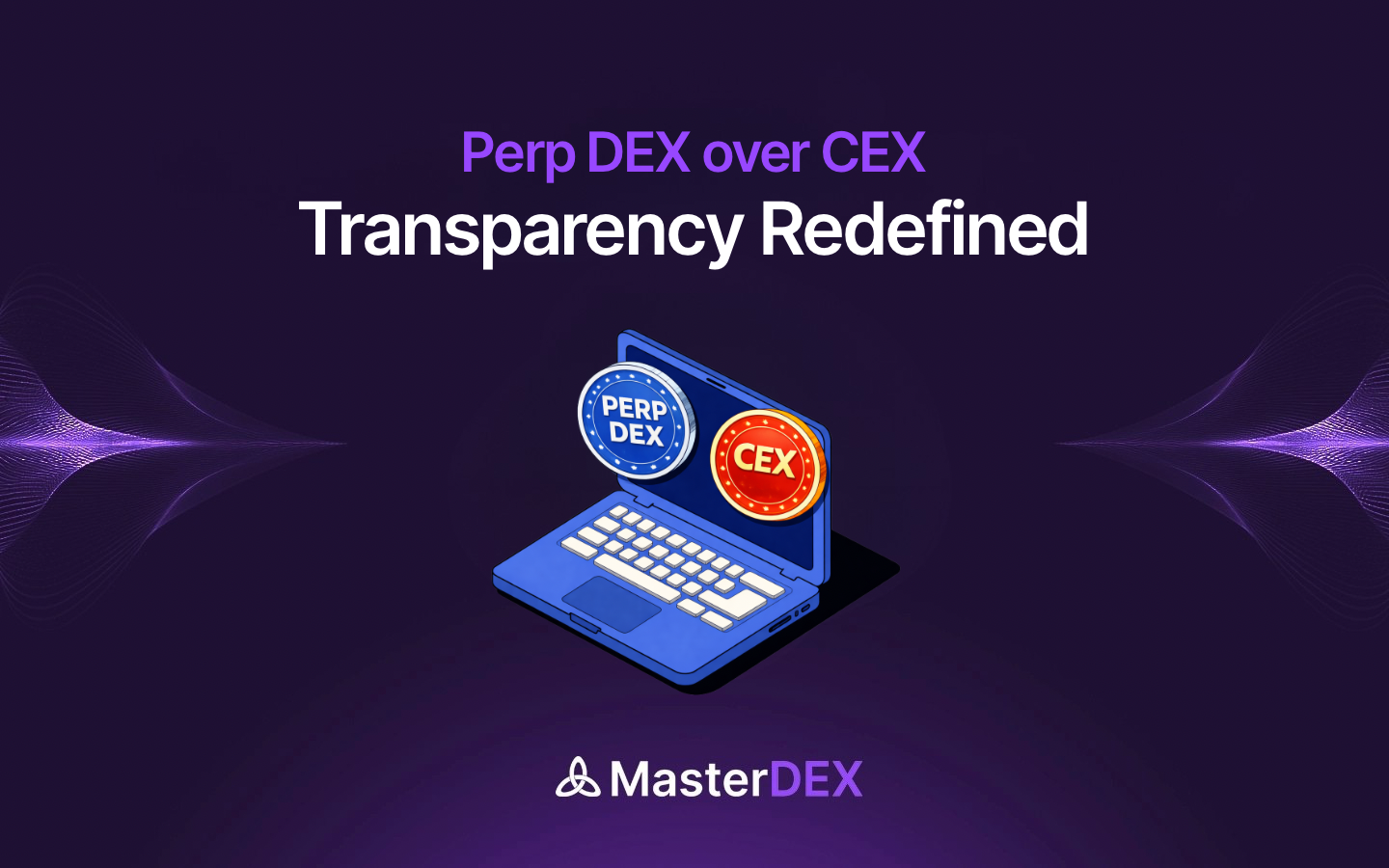Whether you’re a curious beginner or a seasoned pro, this article simplifies the role of of blockchain in decentralized finance(DeFi).
Table of Contents:
ToggleWhat is Blockchain?
A blockchain is a decentralized and distributed digital ledger that records transactions across a network of computers. Unlike traditional centralized databases, where data is stored in a single location, blockchains distribute this data across multiple nodes. This decentralized structure ensures transparency, security, and immutability. The information is stored in “blocks,” which are linked together in a chronological chain. Each block contains a cryptographic hash of the previous block, a timestamp, and transaction data. Once a block is added to the chain, it cannot be modified, making blockchains highly secure.
Types of Blockchains
Now after understanding Blockchain, let’s categorize its types.
- Public Blockchains: These are open to anyone and offer full transparency. Anyone can join, participate in consensus, and access the data. Examples include Bitcoin and Ethereum.
- Private Blockchains: Restricted to a specific group or organization. Access to view or update the blockchain is limited to authorized participants. They are used for internal purposes, and control over who accesses the data is crucial.
- Consortium Blockchains: Apart from public and private blockchains, Consortium blockchains are partially public, with a group of organizations or institutions maintaining control. They combine aspects of both public and private blockchains, offering greater security and consensus without compromising on decentralization.
Understanding Decentralized Finance
Now, let’s gear up to dive into the world of DeFi and uncover what it truly means and how it’s reshaping the financial landscape!
DeFi is a modern take on financial services, built entirely on blockchain technology. It eliminates the need for intermediaries, allowing users to directly access services like lending, borrowing, and trading. Smart contracts, which are self-executing programs on the blockchain, handle the execution of these services automatically and securely.
For example, let’s say Alice has some cryptocurrency she wants to lend, and Bob needs a loan. Using a platform like MasterDEX, Aave, and others, Alice can deposit her funds into a liquidity pool. This pool is governed by smart contracts—self-executing programs that automatically enforce loan terms.
Bob, in turn, can borrow from this pool by providing collateral. The smart contract ensures Alice gets interest on her deposit, and Bob repays the loan under agreed conditions.
This entire process happens without a bank or financial institution, highlighting the power of DeFi. It’s fast, transparent, and accessible to anyone globally with an internet connection.
How Blockchain Enables DeFi
Blockchain is the backbone of decentralized finance, providing a foundation with key attributes like:
- Transparency: A public ledger records all transactions, ensuring everyone can verify them.
- Security: Advanced cryptographic techniques protect the data and transactions.
- Decentralization: Peer-to-peer architecture removes reliance on central authorities.
- Immutability: Once data is stored to the blockchain, it is permanent and tamper-proof.
These features allow DeFi applications to operate with unparalleled trust and efficiency. Besides these, some other contributing factors are:
- Smart Contracts: These self-executing contracts automate transactions based on predefined rules, eliminating human intervention.
- Tokenization: Digital tokens can represent physical assets like real estate and commodities.
- Interoperability: Blockchain bridges allow communication between different networks, creating a seamless DeFi ecosystem.
- Decentralized Identity: Blockchain enhances user privacy by giving individuals control over their personal data.
Blockchain in DeFi: Advantages
Blockchain integration with DeFi offers numerous advantages:
- Accessibility: Anyone with an internet connection can participate, regardless of location.
- Cost-Effectiveness: By removing intermediaries, users save on fees.
- Efficiency: Transactions are faster and automated, saving time and effort.
- Transparency: Public records build trust by allowing anyone to verify transactions.
- Global Reach: Cross-border transactions are simplified, eliminating currency conversion barriers.
Challenges and Limitations
However, blockchains have some setbacks in the DeFi space:
- Scalability: High transaction volumes can overwhelm blockchain networks, causing delays and increased fees.
- Security Risks: Malicious actors can exploit vulnerabilities in smart contracts.
- Regulatory Uncertainty: Governments are still developing regulations for blockchain and DeFi, creating an unpredictable environment.
- Complexity: These platforms often require users to have a basic understanding of blockchain, which can be intimidating for newcomers.
- Privacy Concerns: The transparency of blockchain technology can raise privacy concerns, as transactions can be publicly viewable.
- Interoperability Challenges: Different blockchains often have incompatible protocols, making it difficult to transfer assets or data between them.
Popular DeFi Platforms
Several blockchain platforms have become hotspots for DeFi applications:
- MasterDEX: A Web3 platform revolutionizing DeFi by combining AI-powered tools, community-driven features, and seamless trading solutions.
- Ethereum: The pioneer of smart contracts, hosting the majority of DeFi projects.
- Binance Smart Chain: Offers lower fees and faster transactions.
- Polygon: A layer-2 solution that scales Ethereum-based applications.
- Solana: Known for high-speed transactions at minimal costs.
- Cardano: Focused on security and sustainability in DeFi.
Looking for seamless trading? Check out MasterDEX now!
Concluding Lines
Blockchain technology is driving DeFi toward becoming the future of the financial industry. By offering a secure, transparent, and efficient alternative to traditional systems, blockchain empowers decentralized finance to break barriers and redefine financial accessibility. As advancements continue to resolve challenges, DeFi’s reliance on blockchain ensures a future where financial freedom and innovation thrive hand in hand.
Embrace DeFi. Start your journey now.



